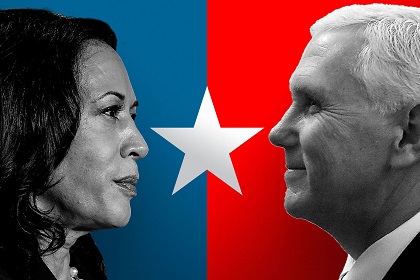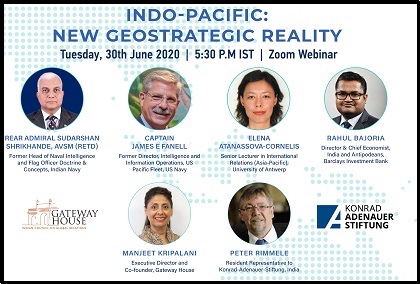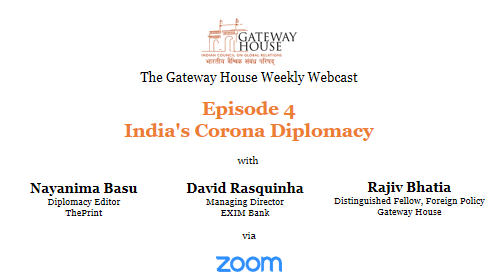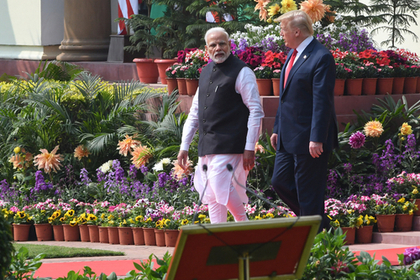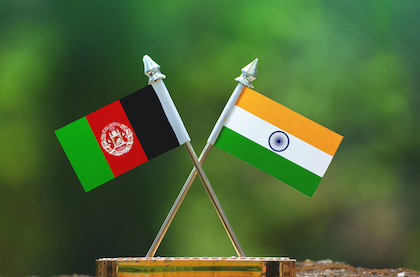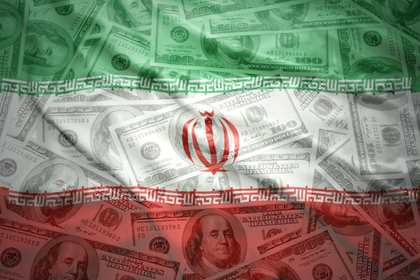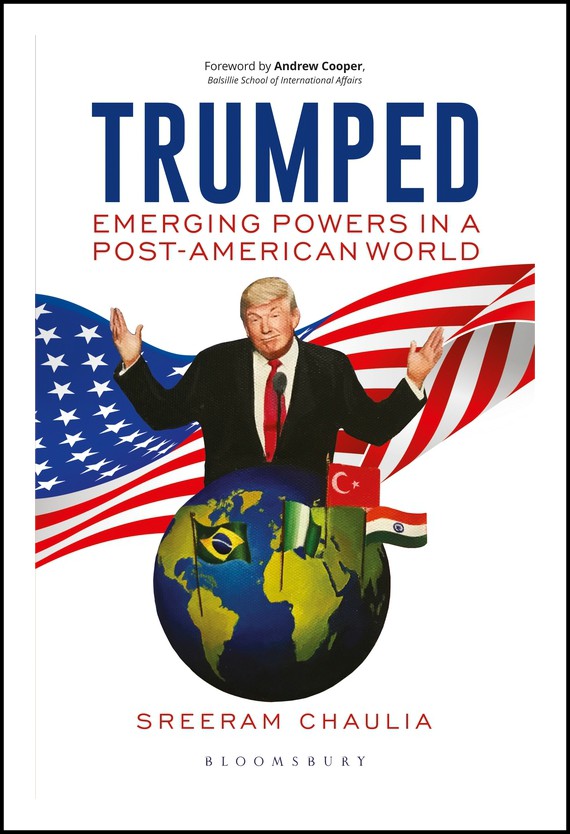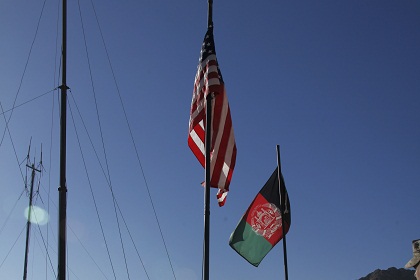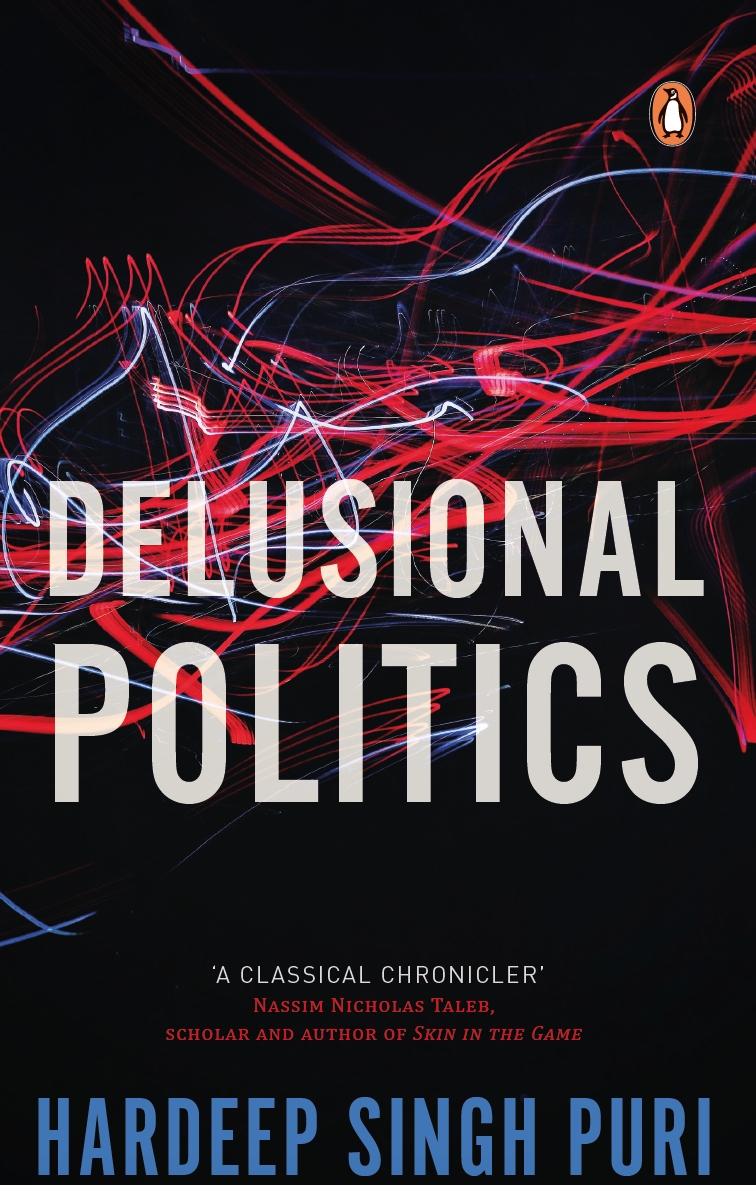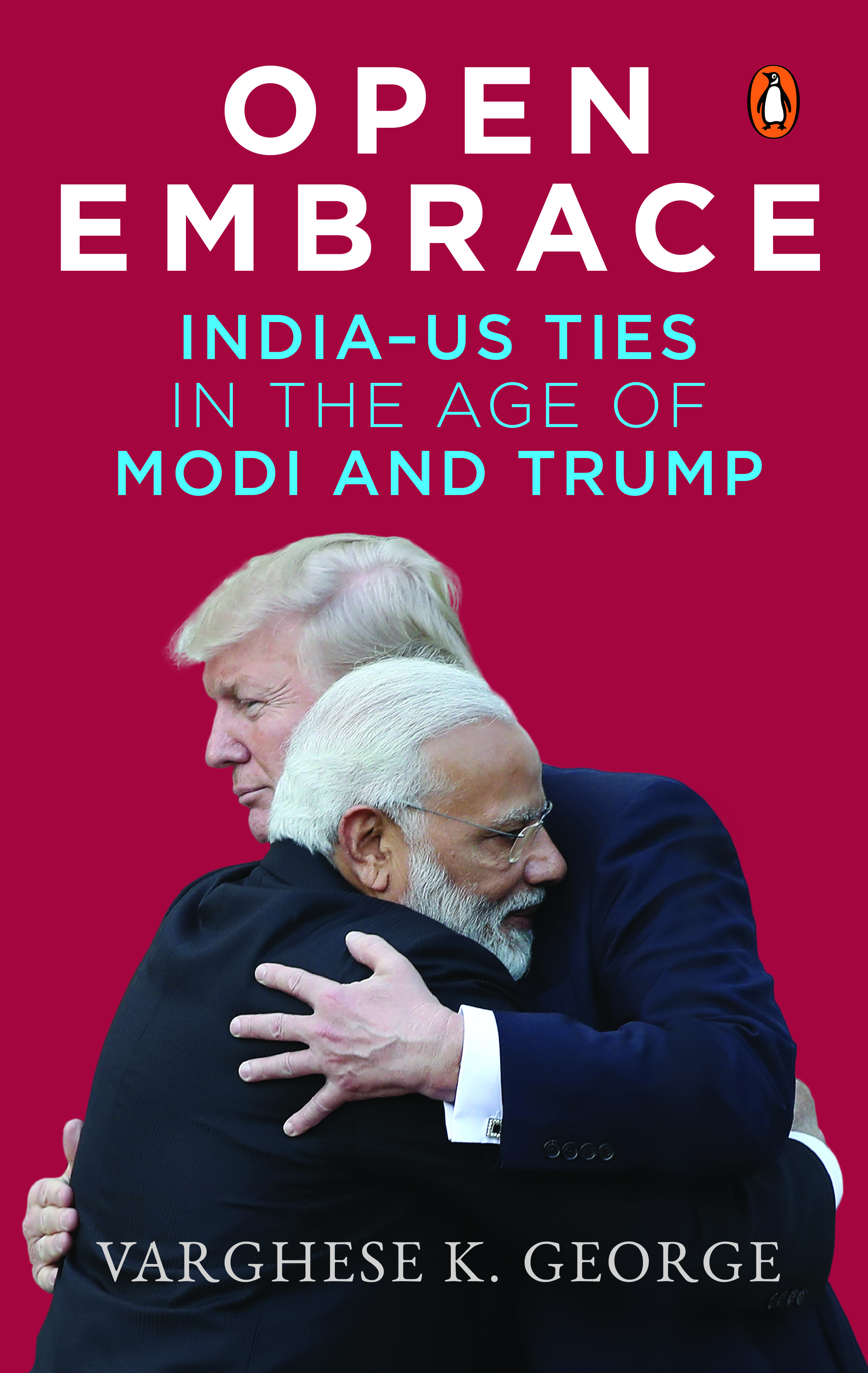The Harris-Pence face off
Ambassador Neelam Deo, Director and co-founder of Gateway House in the weekly series of podcasts on the U.S Elections analyses the foreign policy agenda of the Democratic government, why COVID-19 will impact voters choice and if Kamala Harris’ connection to India will influence the Indian-American votes

